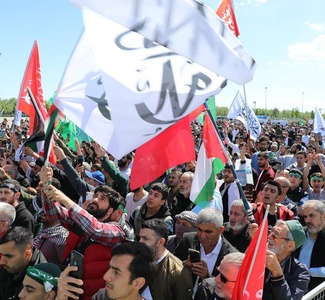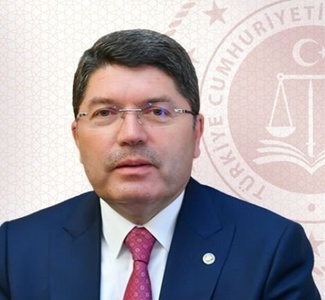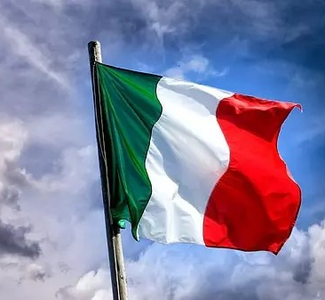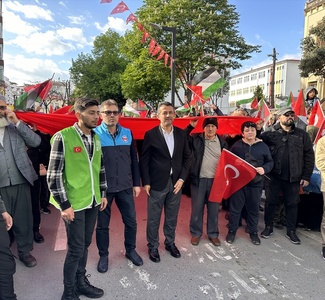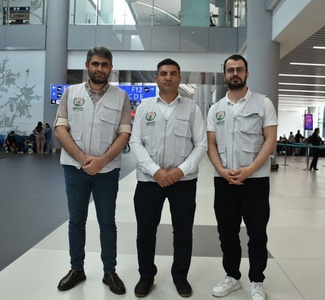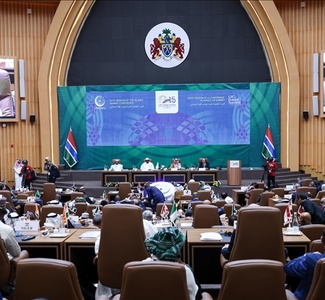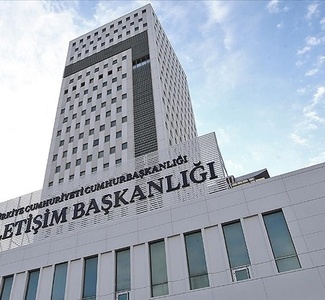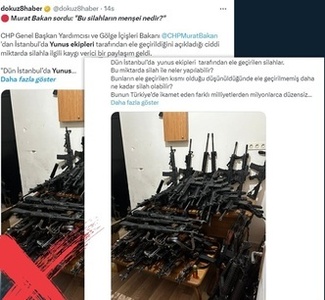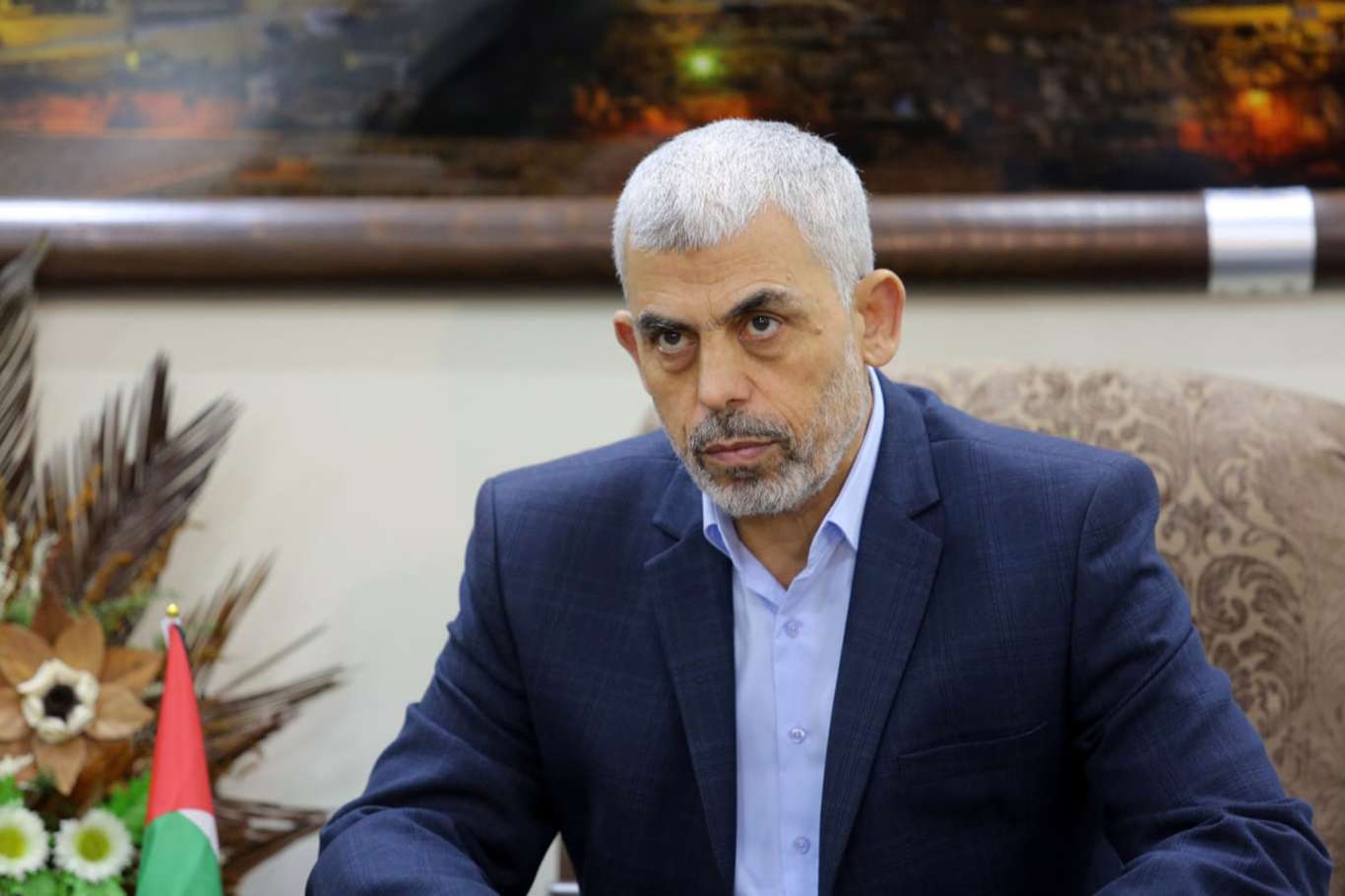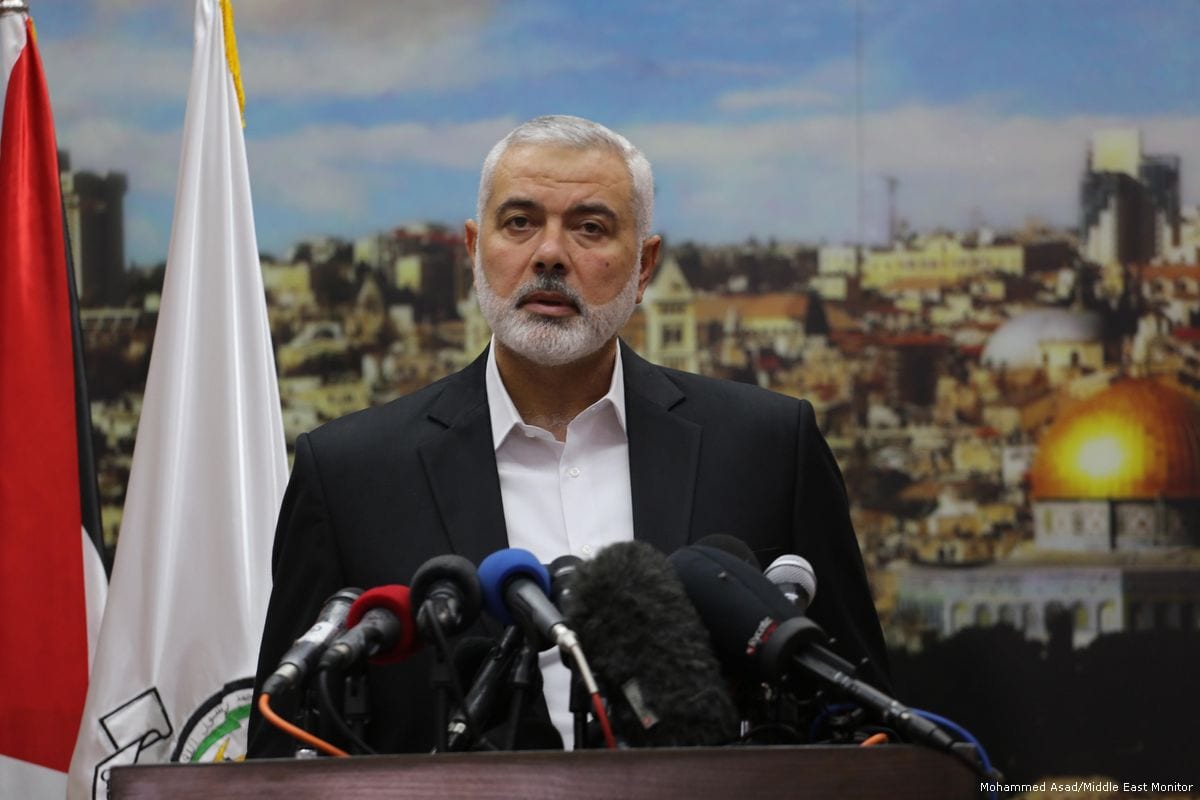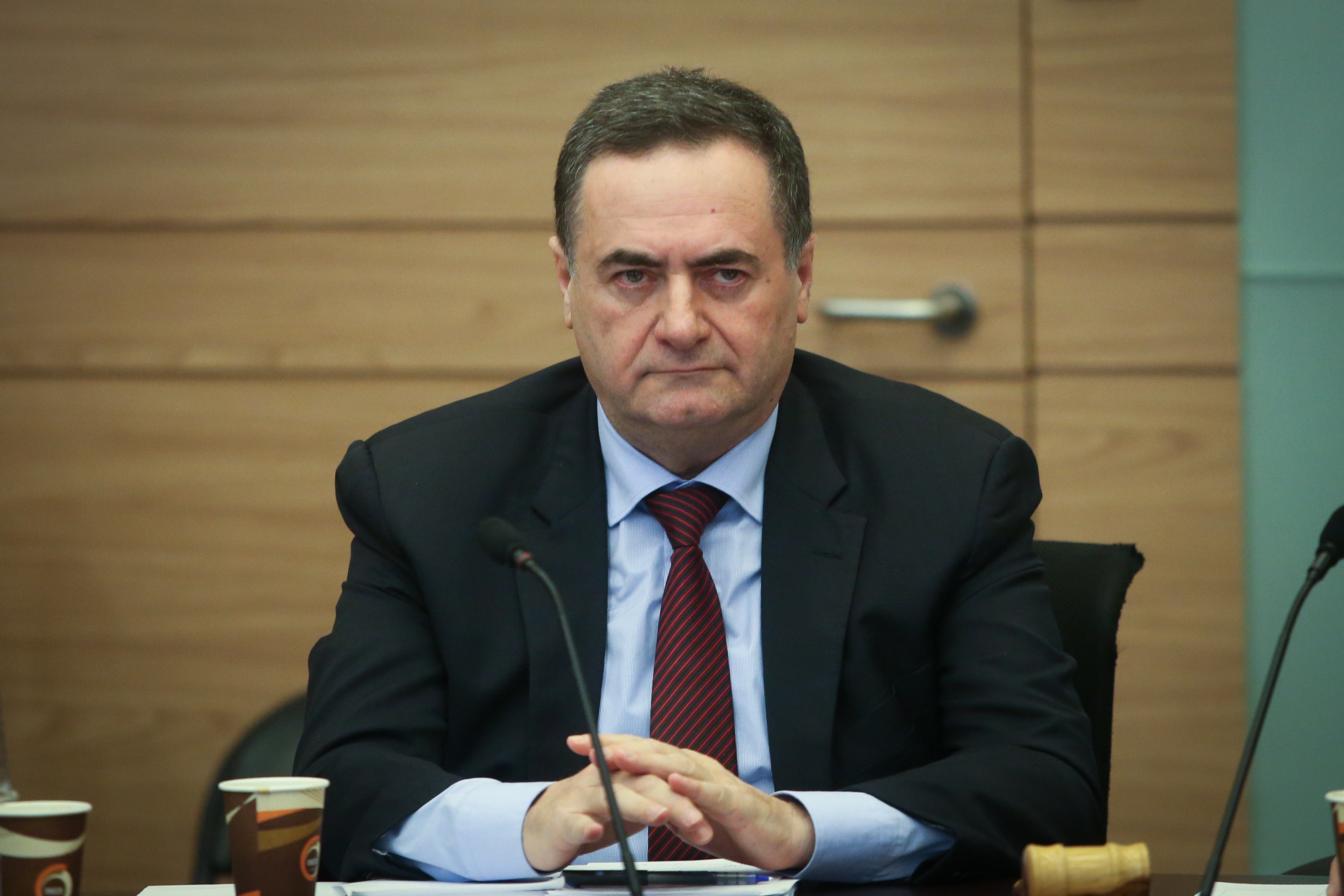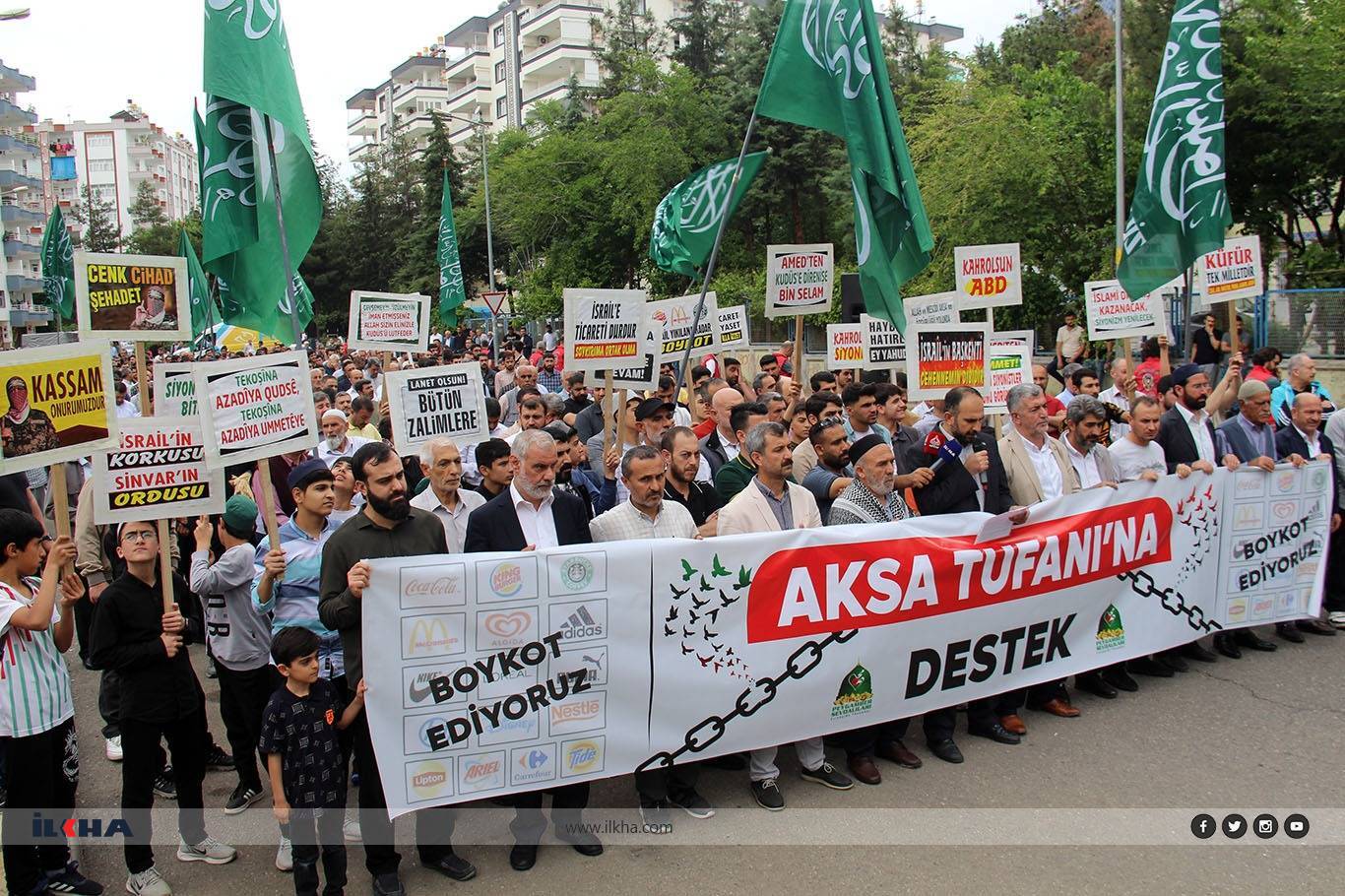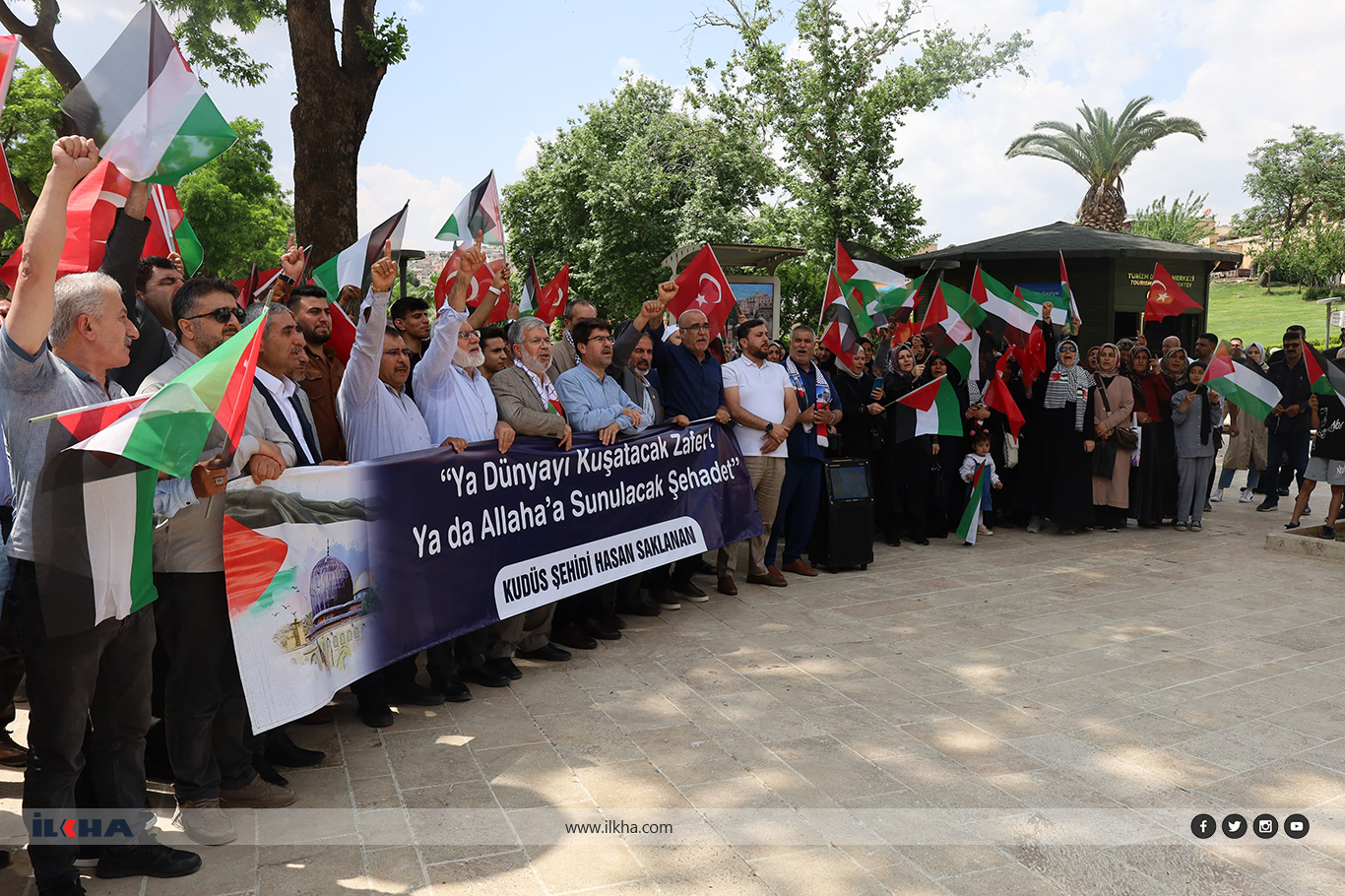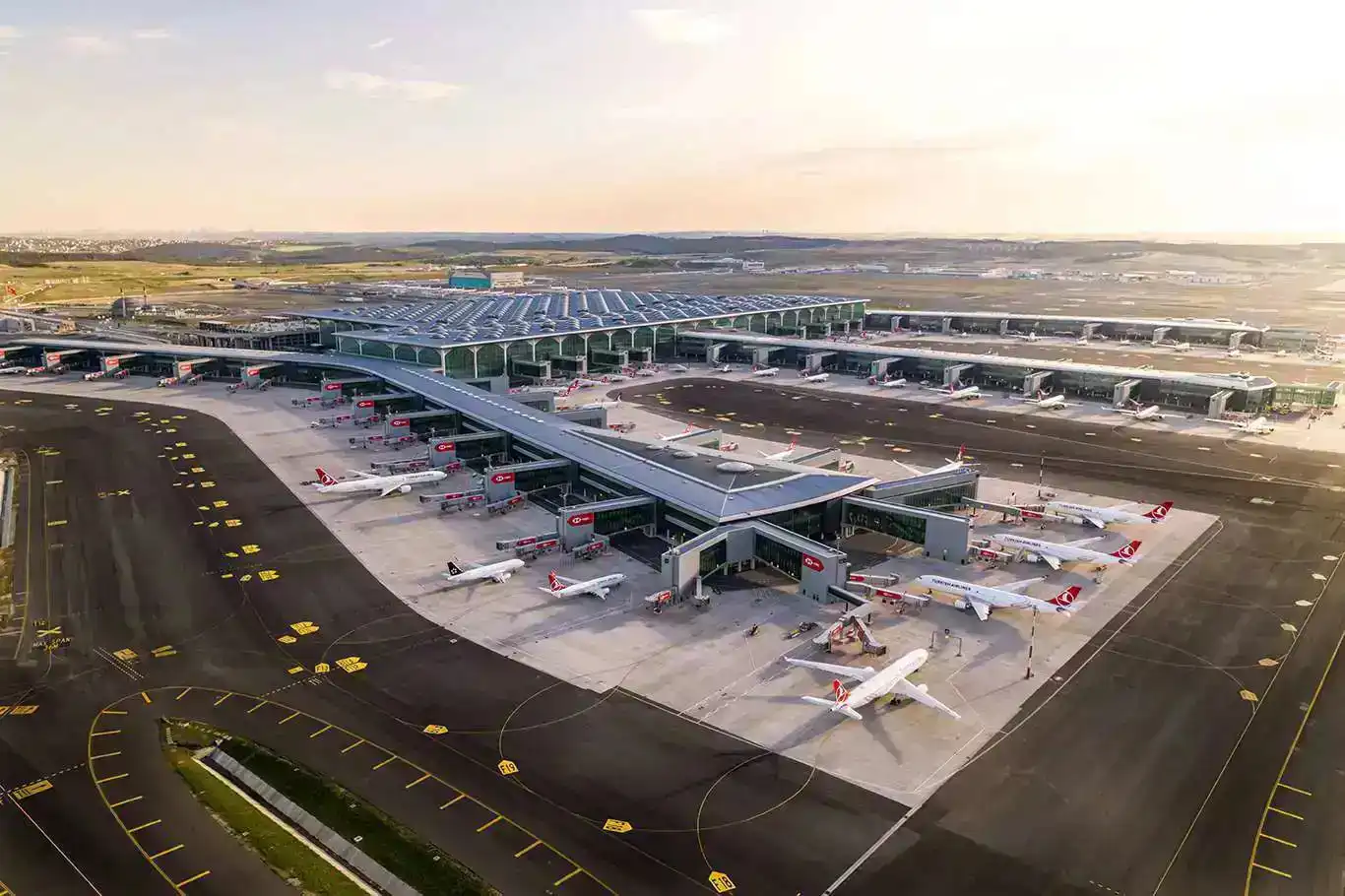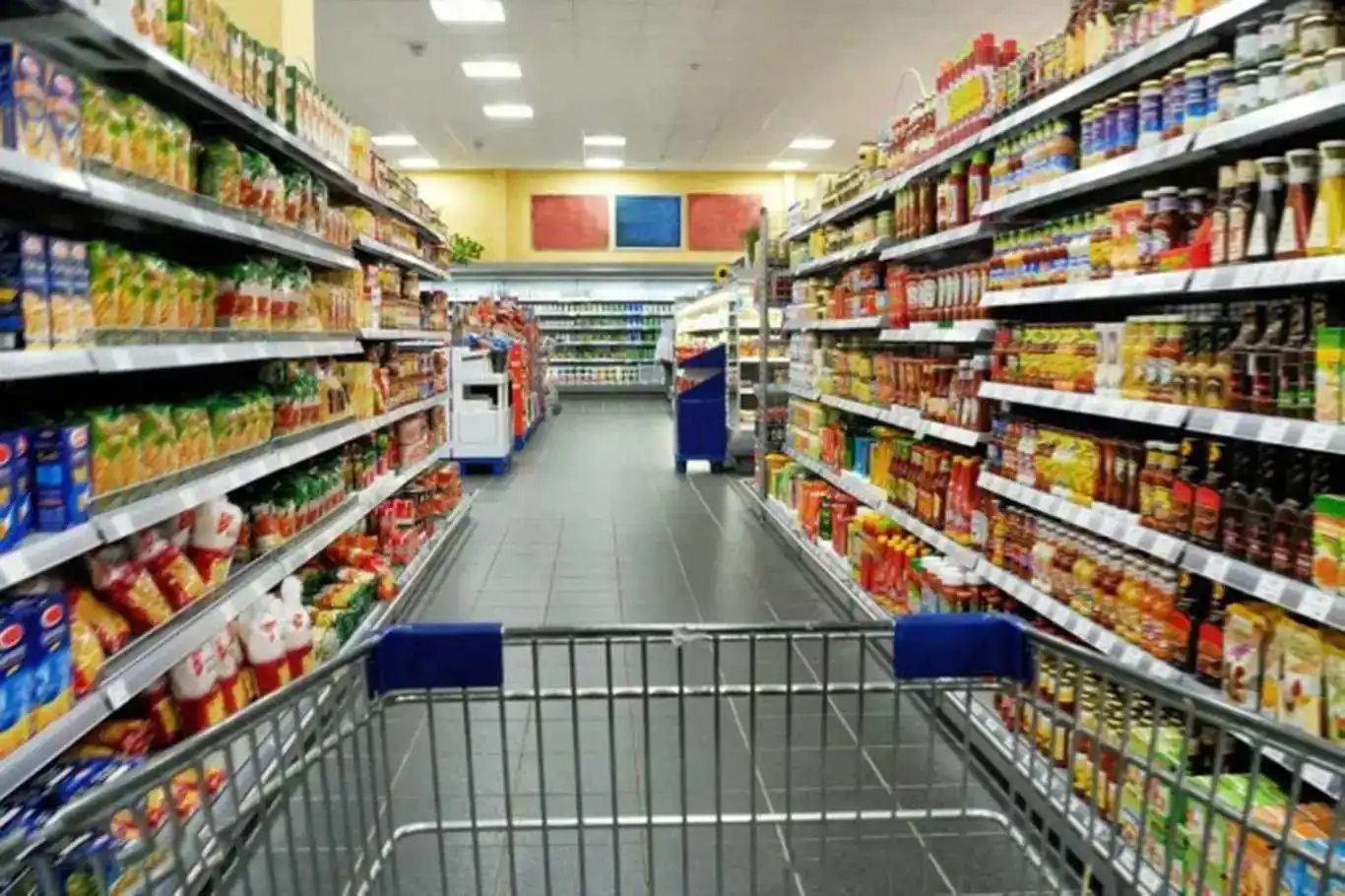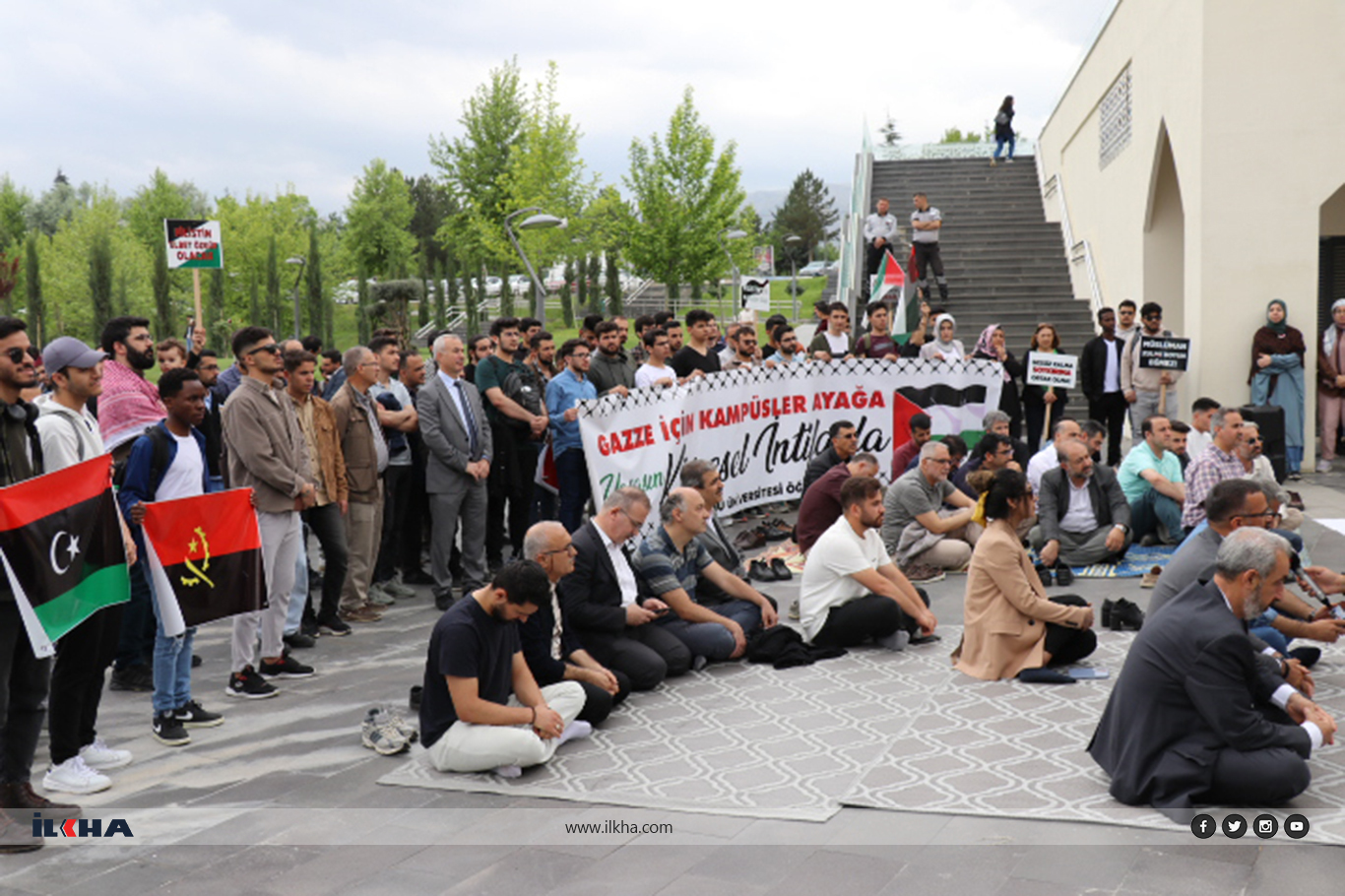European Commission supports efforts to extend Black Sea grain deal
The European Commission is working with the United Nations and Turkey to extend the agreement that allows Ukraine to export grain from the Black Sea region.

 Google News'te Doğruhaber'e abone olun.
Google News'te Doğruhaber'e abone olun. The deal is set to expire on Monday, and the EU is prioritizing the continuation of Ukrainian grain shipments to the global market.
One of Moscow's key demands is the reconnection of Rosselkhozbank, a subsidiary of the Russian Agricultural Bank, to the international payment network SWIFT.
The EU had severed ties with Rosselkhozbank in June 2022 due to Russia's invasion of Ukraine.
Sources familiar with the discussions revealed that the EU is considering the possibility of connecting Rosselkhozbank to SWIFT, facilitating grain and fertilizer transactions.
UN Secretary-General Antonio Guterres, in a letter to Russian President Vladimir Putin, proposed extending the Black Sea grain deal for several months, allowing the EU time to establish the SWIFT connection with the bank.
During his visit to Brussels, Guterres stated that he had yet to receive a response from Russia and expressed hope for a positive way forward based on his concrete proposals.
European Commission President Ursula von der Leyen urged Putin to extend the deal, emphasizing that the world is watching Russia's response.
In response, Putin mentioned that he had not seen Guterres' letter but confirmed ongoing communication with UN officials.
Russia has threatened to withdraw from the Black Sea grain deal due to unmet demands regarding their own grain and fertilizer exports.
Ukrainian President Volodymyr Zelenskiy discussed the importance of extending the Black Sea deal with South African President Cyril Ramaphosa, highlighting the need to ensure global food security.
Zelenskiy stressed that anyone who increases the threat of famine terrorizes the entire world.
The Black Sea Grain Initiative, brokered by the UN and Turkey in July 2022, aimed to alleviate the global food crisis caused by Russia's invasion of Ukraine and the blockade of Ukrainian ports.
About 33 million tons of grains have been exported by Ukraine under the arrangement, benefiting both Ukraine and poor countries by lowering global food prices by more than 20%. (ILKHA)
































